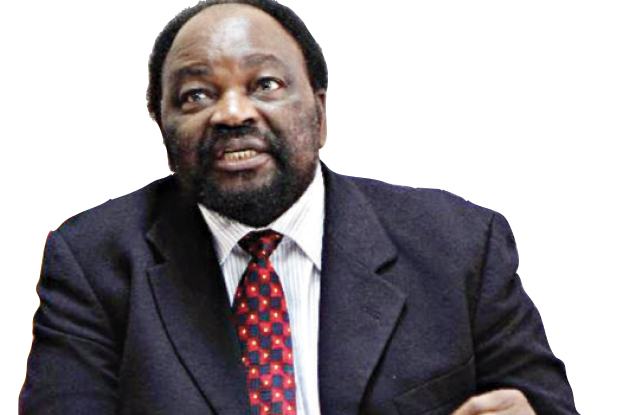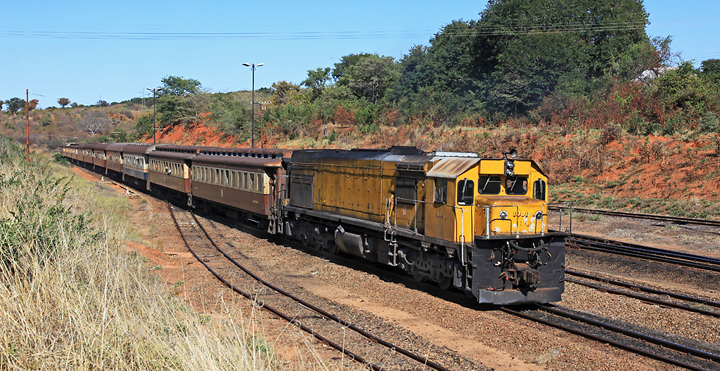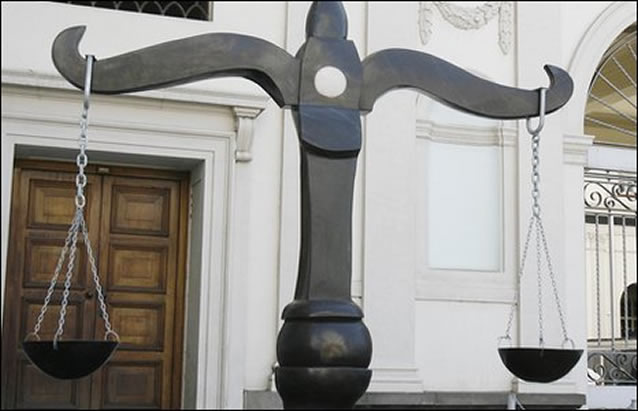ACP to chart new way forward

From Hebert Zharare in PORT MORESBY, Papua New Guinea—
The African, Caribbean and Pacific (ACP) group of states is redefining itself with a view to chart a new way forward when the Cotonou Agreement expires in 2020, Foreign Affairs Minister Simbarashe Mumbengegwi said yesterday. The Cotonou Agreement is a partnership between the ACP and the European Union that guides relations among members of the two blocs.
President Mugabe, eight Prime Ministers and several representatives of the 79 ACP member states are gathered here for the high level Summit that started yesterday and is expected to officially close on Wednesday.
“The thrust of this Summit is the fact that the present agreement between the European Union and the ACP, the Cotonou Agreement, expires in 2020 and the ACP group of countries is in the process of redefining itself and the relationships that we should have post-2020,” said Minister Mumbengegwi.
“An eminent persons group led by former Nigerian President (Olusegun) Obasanjo has worked on a report on the future of the ACP group of countries and this will be presented to the Summit for discussion by members. This process (discussing the future) is going to continue between now and 2020 because it is important for the ACP group of countries to come up with its own formulation of what the future should look like post 2020,” he said.
The ACP has stood by Zimbabwe since the country embarked on the historic land reform programme over a decade and half ago that has economically empowered hundreds of thousands of people.
Stung by the unprecedented programme as a major empowerment tool spearheaded by President Mugabe, Britain, the country’s former coloniser, embarked on an international offensive to demonise Zimbabwe alleging abuse of human rights.
Minister Mumbengegwi said ACP countries had refused to swallow Britain’s bait and continued supporting Zimbabwe on many international forums.
“Everybody knows that the dispute between ourselves and the EU was in fact instigated by the British and this was on the basis of our land reform programme. We distributed land to the landless and that is the reason why the British decided to lobby the EU on the totally unfounded notion that somehow there was a problem with democracy and human rights, which they know is not the case.
“Zimbabwe is one of the leading countries in terms of upholding democratic principles, human rights and rule of law,” he said.
He said the ACP was critical to members of the three regions because it was the only forum where leaders discussed issues affecting the bloc, among them its future as a revitalised cohesive force advocating for the interests of members states.
“Moreso, it is important (the ACP) in the sense that it is the only group that defines our relations with the European Union. As you recall, the ACP has been very active in solidarity with us calling for the unconditional lifting of sanctions which the Europeans Union imposed upon our country,” he said.
“We can’t fail to take note of the fact that the sanctions against Zimbabwe have been relaxed somewhat but of course we all know that our President and the First Family are still under the EU sanctions. As long as our President, our First Family are under sanctions, then obviously the whole country is under sanctions,” said Minister Mumbengegwi.
Meanwhile, it was a busy schedule for delegates here yesterday as more arrived for the event while accreditation was underway. Papua New Guinea, with over seven million people, is endowed with vast natural resources including oil, natural gas, gold, copper and timber.












Comments